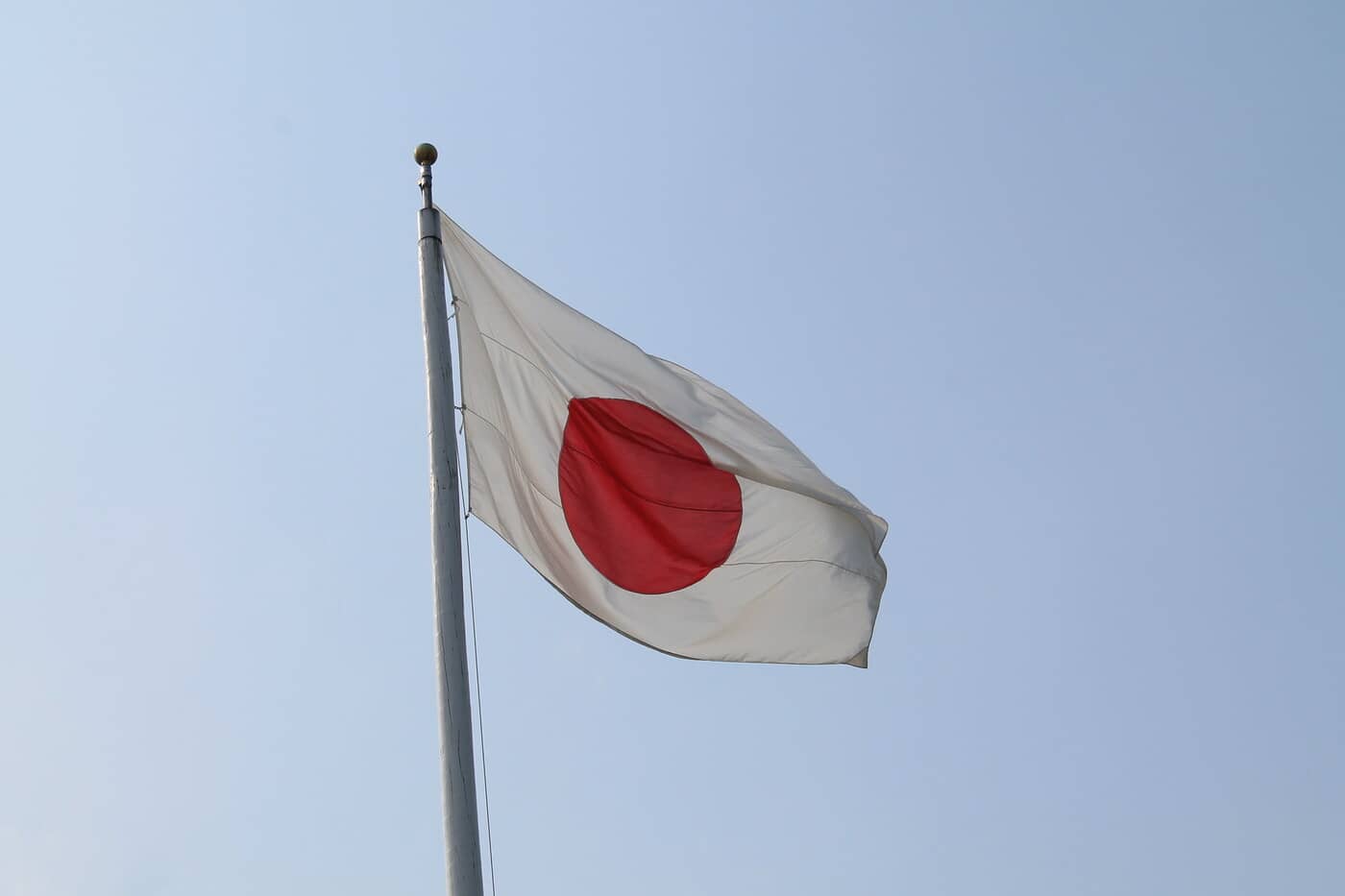
Osaka Digital Exchange (ODX) plans to launch Japan’s first digital securities trading platform, “START,” on December 25, according to Bloomberg. This initiative caters to individuals looking for alternative assets that could potentially yield higher returns.
As part of the launch, real estate firm Ichigo Owners plans to offer about ¥3 billion (about $20 million) worth of securities backed by real estate investments. Besides Ichigo, Kenedix Inc. is also planning to provide digital securities within the ODX platform. While the initial sale by Ichigo is relatively small, it shows a broader trend in the country to explore riskier assets that promise higher returns.
In its announcement press release, ODX stated that:
“On this occasion, we also publicly announce that we have named our ST market “START”, as it is our firm belief that the more liquidity of STs the start of START will bring, the more funding opportunities there will be.”
The launch of digital securities trading in Japan is anticipated to open up new opportunities for investors, foster diversification, and contribute to the broader acceptance of digital securities. This move follows the exchange’s receipt of approval from Japan’s financial watchdog last week to run a trading market for such tokens.
Founded in 2021, Osaka Digital Exchange comprises key players from traditional finance in Japan, including Sumitomo Mitsui Financial Group (SMFG) and SBI Holdings, with the overarching goal of establishing a digital stock exchange.
Japan Plans To Unlock Trillions In Household Assets
Japan is focusing on tapping into vast financial assets held by households, which reached ¥2,000 trillion ($18.1 trillion) by the end of last year. A large portion of these assets lie dormant in deposits, with almost zero interest rates.
The adoption of digital securities trading in the region shows a broader global trend, with other Asian markets, such as South Korea and Hong Kong, also taking steps to facilitate security token sales. For example, Hong Kong has removed restrictions that previously limited such offerings to professional players, while South Korea has amended laws to allow the distribution and issuance of security tokens.








